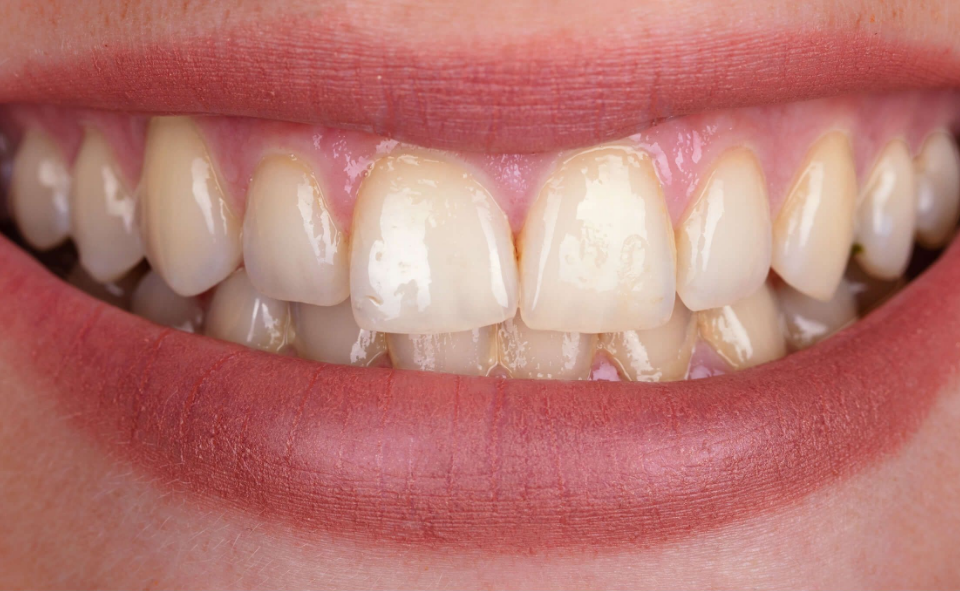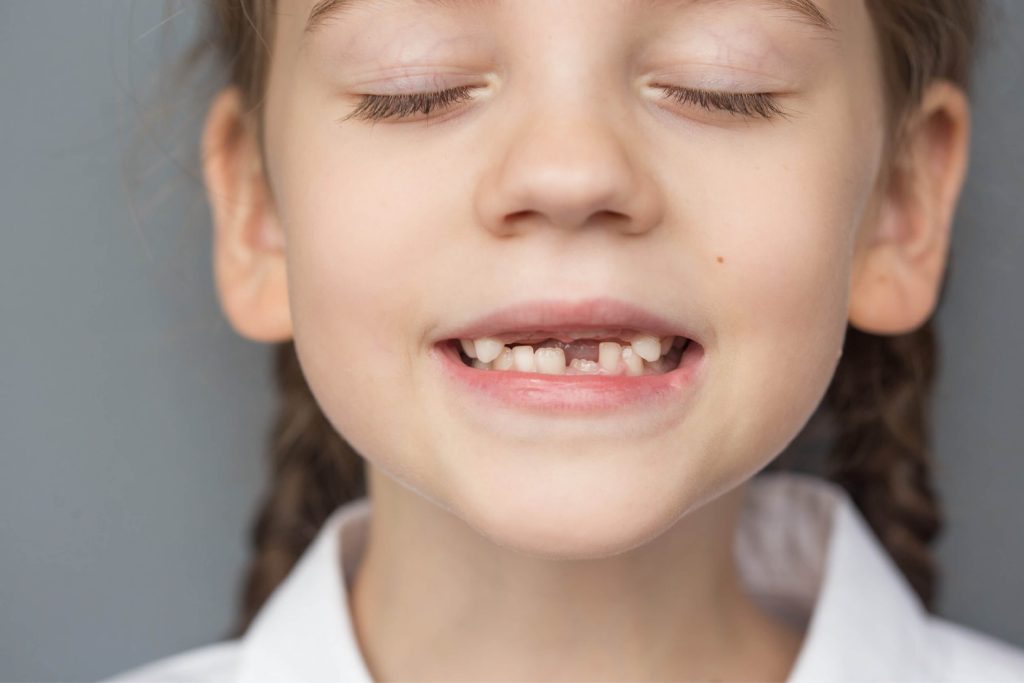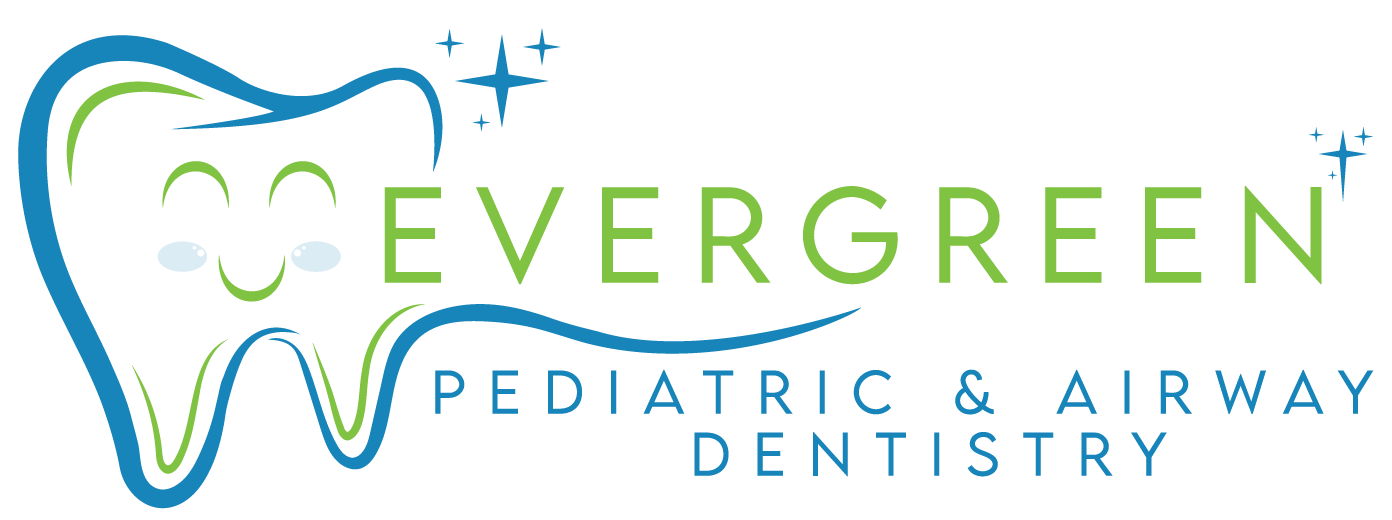How to Stop Grinding Teeth?
Are you looking for an effective way to stop grinding teeth? If so, you’re not alone—an estimated 1 in 10 adults struggles with this condition. While it can be a difficult habit to break, understanding the causes of teeth grinding and finding good techniques to cope are key elements that encourage success. In this guide, we will help you explore the reasons why people grind their teeth and provide helpful tools to end the cycle once and for all. Whether you’re a chronic grinder looking for relief from the pain or just want more peaceful nights, this comprehensive resource provides realistic solutions so that everyone can reclaim their night-time peace of mind.
What is Teeth Grinding and How Can You Identify It
Teeth grinding, also known as bruxism, is a condition where one grinds, gnashes, or clenches their teeth. It’s a common issue, with up to 31% of adults reported to suffer from it at some point in their lives. Most people who grind their teeth do so when they are asleep, but some can also do it during the day. It can lead to headaches, and jaw pain, and can even cause damage to the teeth. The good news is, that with awareness and early detection, you can prevent further damage. Identifying the condition is the first step in addressing it. Look out for frequent jaw or facial pain, worn, flattened, or fractured teeth, and a clicking or popping jaw when opening or closing your mouth. If you suspect you may be grinding your teeth, consult your dentist who can help determine the best course of treatment.

Grinding Teeth
– Symptoms to look out for
Teeth grinding is a common dental condition that can cause severe damage to teeth, jaws, and gums if not addressed in time. While most people experience mild or moderate bruxism at some point in their lives, severe cases can lead to chronic pain, headaches, and sleep disorders. Symptoms to look out for when it comes to teeth grinding include worn or flattened teeth, broken or chipped teeth, discomfort or pain when chewing or biting, frequent headaches or migraines, soreness or tension in the jaw, and dull earaches. If you experience any of these symptoms, it is essential to consult your dentist and discuss a personalized treatment plan to help alleviate symptoms and restore optimal oral health. Addressing bruxism early on can also prevent future complications and improve overall quality of life. So, make sure to pay attention to the warning signs and take the necessary steps to protect your teeth and jaws from the harmful effects of teeth grinding.
– Causes of teeth grinding
Teeth grinding is a common problem that affects many people. If you’re a sufferer, you know firsthand how unpleasant it can be. But what exactly causes this condition?
There are a variety of factors that can contribute to teeth grinding. One of the main culprits is stress. Stressful situations and anxiety can lead to teeth grinding, especially during sleep. In addition, sleep disorders like sleep apnea can also trigger this condition.
But it’s not just psychological factors that play a role. Physical factors such as misaligned teeth or an abnormal bite can also cause teeth grinding. When your teeth are not aligned properly, they can rub against each other and result in grinding.
Furthermore, certain medications and substances like alcohol and caffeine can increase the likelihood of teeth grinding. It’s important to be aware of these potential triggers and make necessary adjustments to minimize the occurrence.
Identifying the root cause of your teeth grinding can be the key to finding effective solutions and relieving your discomfort. If you are experiencing persistent teeth grinding, it is recommended to consult with a dental professional to get a proper diagnosis and personalized treatment plan.
Taking care of your oral health is vital, and addressing teeth grinding is an important step in maintaining a healthy smile and overall well-being.
Practical Solutions to Stop Teeth Grinding
Teeth grinding, medically known as bruxism, is a problem that affects many people and can cause significant damage to teeth and jaw. While stress is often a contributor to bruxism, there are several practical solutions that can help mitigate the damage and even stop teeth grinding altogether. One effective method is to practice stress reduction techniques such as meditation, yoga, or deep breathing exercises. Additionally, wearing a night guard while sleeping can help to protect the teeth from grinding and prevent further damage. Seeking the help of a trained professional is also essential in determining the underlying cause of bruxism and finding the right treatment approach. Other practical solutions include avoiding caffeine, alcohol, and tobacco products, as they can exacerbate the problem. Incorporating healthy sleep habits, such as keeping a regular sleep schedule, can also help reduce stress and prevent teeth grinding. With determination, a combination of these practical solutions can go a long way in protecting the teeth and improving overall oral health.
– Relaxation techniques to reduce stress-related teeth grinding
Stress can take a toll on our bodies and minds, and one way that it can manifest is through teeth grinding. This can lead to headaches, jaw pain, and even tooth sensitivity. Luckily, there are several relaxation techniques that can help reduce stress and alleviate teeth grinding. Meditation, deep breathing exercises, and yoga are all effective ways to relieve stress and promote relaxation. Additionally, indulging in a warm bath, listening to calming music, or practicing mindfulness can also be helpful in reducing stress-related teeth grinding. By incorporating these techniques into your routine, you can take control of your stress levels and protect your dental health.

Grinding Teeth
– Mouth guards and other medical solutions to stop teeth grinding
Many people unknowingly grind their teeth throughout the day or while they sleep. Not only can this cause discomfort and damage to teeth, but it can also lead to more serious dental problems. Luckily, there are medical solutions available to combat this issue. One of the most popular options is a mouth guard, which can be custom-fitted to a person’s teeth and worn at night to prevent grinding. Other solutions may include muscle relaxation techniques or medication. It is important to consult with a dentist or doctor if you suspect you are grinding your teeth in order to receive the proper treatment. By taking action, you can protect your teeth and avoid future dental complications.
Home Remedies for Dealing with Teeth Grinding
Dealing with teeth grinding or bruxism can be a daunting task, but fortunately, there are a number of home remedies that can help alleviate the condition. One of the most commonly recommended remedies is to practice relaxation techniques, such as yoga or meditation, which can help reduce stress and anxiety levels. Another effective strategy is to ensure that you are getting enough sleep each night and developing good sleep hygiene habits. Additionally, practicing good oral hygiene, such as brushing and flossing regularly, can help alleviate any discomfort caused by teeth grinding. In more severe cases, a custom-fitted nightguard or splint can also be effective in managing the condition. Ultimately, identifying the root cause of the teeth grinding and working with a dental professional to create a customized treatment plan is key to effectively managing the condition. By incorporating these home remedies and consulting with a dental professional, individuals can take control of their teeth grinding and prevent further damage to their teeth and overall oral health.
– Change your diet and lifestyle habits to reduce the risk of teeth-grinding
Too often, we overlook the impact our diet and lifestyle habits can have on our dental health. If you’ve ever experienced teeth grinding, you know how painful and frustrating it can be. But did you know that making changes to your diet and lifestyle can help reduce the frequency and severity of your teeth grinding? Some foods, like those high in sugar and caffeine, can exacerbate the problem, while others, like those rich in calcium and magnesium, can actually help promote healthy teeth and jaw muscles. When it comes to lifestyle habits, reducing stress through exercise and relaxation techniques can go a long way in preventing teeth grinding. By making small but impactful changes to your daily routine, you can take control of your dental health and live a pain-free life.
– Natural remedies for reducing teeth-grinding symptoms
If you’re one of many who suffers from teeth grinding, or bruxism, you’ll know how frustrating it can be. Not only does it cause jaw pain, headaches, and fractured teeth but it also disturbs sleep and can leave you feeling sluggish during the day. Of course, consulting with your dentist is the first step in tackling the issue. However, natural remedies can also help reduce the symptoms of bruxism. For instance, magnesium is believed to help relax muscles, while warm compresses on the jaw can ease tension. And herbal remedies, such as valerian root and chamomile, can reduce anxiety and stress levels – which are often underlying causes of teeth grinding. So why not give these natural remedies a try, and say goodbye to bruxism once and for all?
Benefits of Stopping Teeth Grinding and Regaining Your Relaxation
Grinding your teeth can be a frustrating and even painful experience. Not only can it cause damage to your teeth, but it can also lead to headaches, jaw pain, and sleepless nights. Thankfully, there are a variety of ways to address this common condition and regain your relaxation. One of the most effective methods is to use a mouthguard to protect your teeth while you sleep. Additionally, reducing stress through activities like exercise, meditation, and massage can help decrease teeth grinding. Seeking professional help from a dentist or doctor may also be necessary in severe cases. Overall, taking steps to stop teeth grinding can bring a wealth of benefits to your health and well-being. Give yourself the gift of a good night’s sleep and a stress-free smile.
– Improved mental health by reducing stress levels
Reducing stress levels has the potential to improve mental health in ways we may not even fully understand yet. The effects of stress on the body and mind can be incredibly damaging, leading to an increased risk of anxiety, depression, and other serious conditions. By taking steps to reduce stress, such as through exercise, mindfulness practices, or simply spending more time outdoors, we can help protect our mental health and improve our overall well-being. It may take some time and effort to make these changes, but the benefits are well worth it in the end. So the next time you’re feeling overwhelmed, take a step back and remember that a little relaxation can go a long way toward a happier, healthier you.

Grinding Teeth
– Better quality of sleep due to less physical discomfort caused by teeth-grinding
A good night’s sleep is vital for a healthy lifestyle. However, one common issue that many people face is teeth grinding, which can cause physical discomfort and disrupt sleep quality. But fret not, because there is finally a solution! Enter the mouth guard, the ultimate defense against grinding teeth. By using a mouth guard, you can prevent your teeth from wreaking havoc, easing the discomfort and pain associated with this condition. As a result, you can indulge in a more peaceful slumber and wake up feeling refreshed and invigorated. With improved sleep quality, you’ll be ready to conquer the day with renewed enthusiasm and effortlessly achieve your goals. Embrace this empowering solution and embrace better sleep tonight! Say goodbye to restless nights and hello to rejuvenating mornings. Don’t postpone the restorative powers of a good night’s sleep – take action now!
FAQs About Teeth Grinding and Stopping It Once and For All
Teeth grinding is an unconscious sleep habit that affects a significant number of individuals worldwide. This condition can lead to a range of dental problems such as enamel erosion, tooth sensitivity, headaches, jaw pain, and even the loss of teeth if left untreated. It is essential to identify the symptoms of teeth grinding and to learn how to stop it once and for all. Frequently asked questions about this condition include what causes it, how to recognize it, and what treatments are available. Stress, anxiety, and sleep disorders are some of the leading causes of bruxism. To recognize teeth grinding, one needs to pay attention to the signs such as waking up with a sore jaw or chipped teeth. Prevention is key to stopping bruxism, and this includes avoiding caffeine and alcohol, managing stress, and wearing a mouthguard at night. In severe cases, a dentist can offer treatments such as Botox for the jaw muscles, dental restoration, or cognitive-behavioral therapy. By being proactive in identifying and treating bruxism, one can prevent long-term dental damage and improve their overall well-being.
Now that we’ve covered the basics of teeth grinding, you should be more informed about how to identify and prevent it. If you believe yourself to be grinding your teeth, try the relaxation strategies outlined above before going for a mouth guard or other type of medical assistance. Furthermore, you can always start eating healthier foods and quit your bad habits such as smoking in order to minimize the risk of forming symptoms. Additionally, by stopping teeth grinding long-term, there are benefits beyond just avoiding physical discomfort—it can help improve mental health and quality of sleep too! With all this information available to people who might have dental problems related to tooth grinding, hopefully, we can encourage even more people to stop this particular habit for good and feel much better as a result. Have any questions left unanswered? Don’t hesitate to contact us now!
Evergreen Pediatric Dentistry
https://www.google.com/maps?cid=14720788683151219551
12910 Totem Lake Blvd NE #103, Kirkland, WA 98034, United States
(425) 814-3196
https://evergreenkidsdentist.com/


